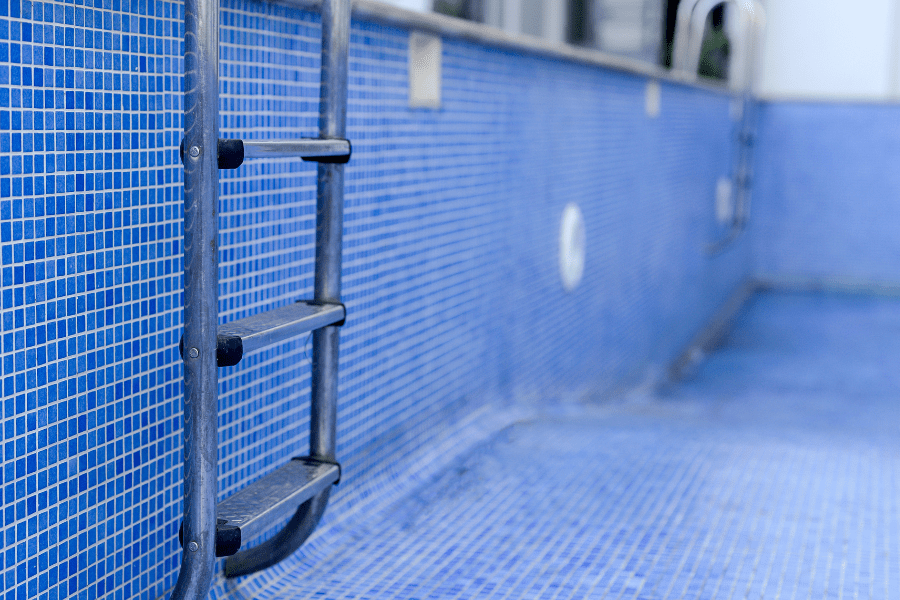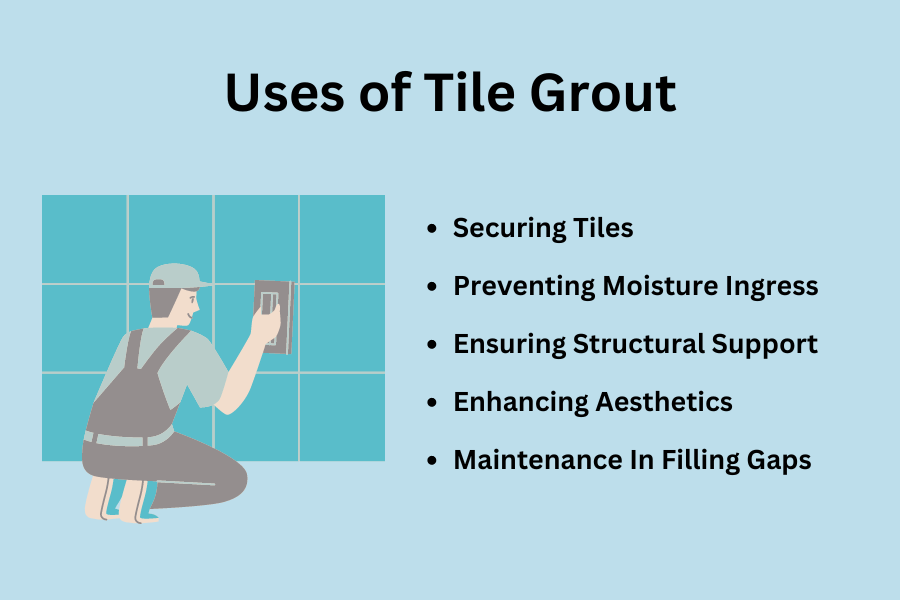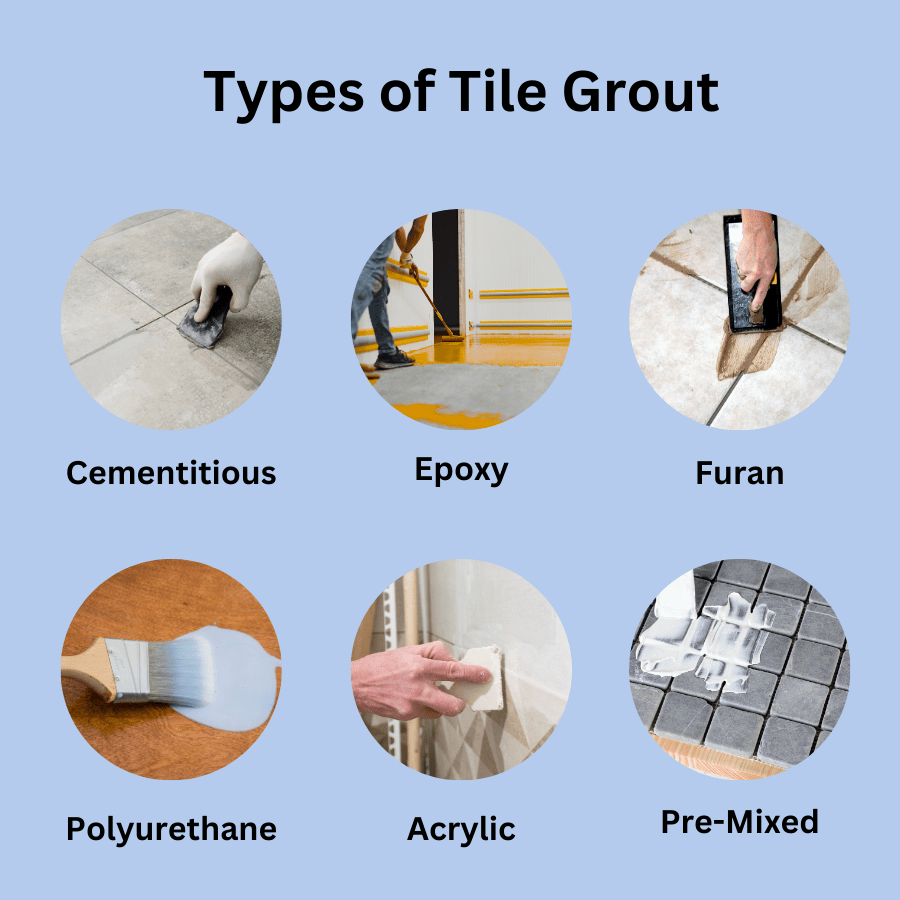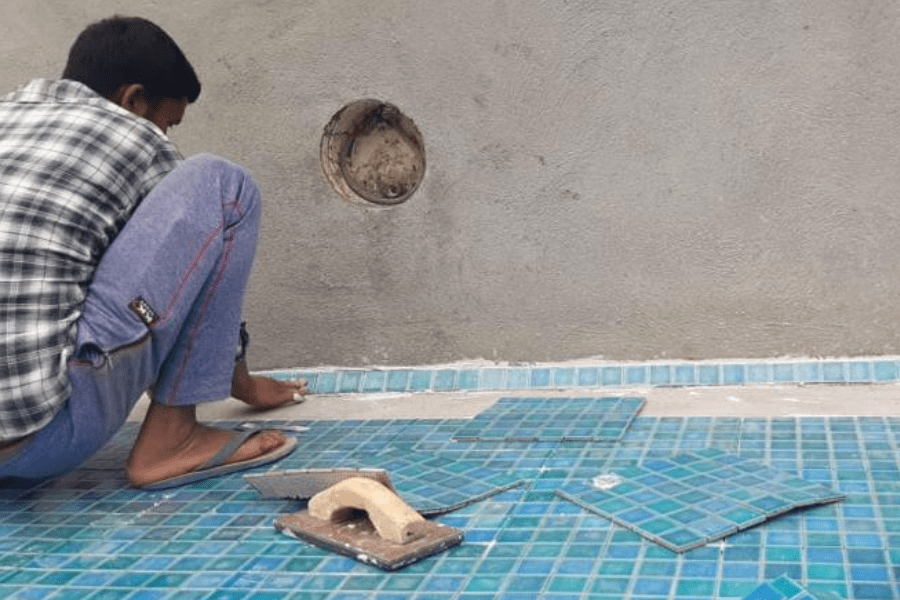
Tile grout is a crucial material in construction, building restoration, and maintenance. It serves both functional and aesthetic purposes, providing stability to tiles and filling gaps to create a finished look. In India the standards for flooring and thier finishes include the specifications for ceramic tiles that use tile grout. and the adhesives used for tiles like grout are better defined in Bureau of Indian Standards.
Companies like Construction Care specialise in the application and maintenance of tile grout, ensuring that their clients receive high-quality, durable results. Here are the different ways tile grout is used and the types of tile grout available:
How is Tile Grout Used?

Securing Tiles With Tile Grout for Construction and Maintenance
Tile grout is used to secure tiles in place, ensuring they are firmly attached to the substrate. This involves applying grout between the tiles and the surface they are laid on, filling the gaps, and creating a strong bond that prevents movement and enhances durability.
For example, Construction Care has used sanded grout in large commercial kitchen projects to secure large floor tiles, providing a sturdy and long-lasting surface that withstands heavy foot traffic and frequent cleaning.
During restoration, grout helps stabilize older tiles that may have become loose over time. By reapplying grout, tiles that have aged or experienced wear can be firmly secured, preventing further damage and preserving the integrity of the structure.
Regular maintenance may involve re-grouting areas where grout has deteriorated to prevent tiles from becoming loose. This process includes removing the old grout and applying new grout, which helps maintain the strength and stability of the tiled surfaces over time. For instance, in a high-traffic shopping mall, regular re-grouting by Construction Care prevents accidents and extends the life of the tiles.
Tile Grout for Construction and Maintenance In Filling Gaps
Grout fills the spaces between tiles, preventing water, dirt, and debris from getting underneath. This is essential for maintaining hygiene and protecting the substrate from potential damage caused by moisture and contaminants. Construction Care ensures a clean and professional finish by applying grout to fill these gaps.
Old or damaged grout is removed and replaced to restore the original appearance and functionality of tiled surfaces. This process can rejuvenate the look of the surface and extend the lifespan of the tiles. For example, Construction Care replaced crumbling grout in a heritage hotel renovation, filling the gaps with new grout to revive the vintage look of the tiled lobby floor.
Touching up grout can maintain the integrity of tiled surfaces, especially in high-traffic or high-moisture areas. Regular inspection and maintenance ensure that the grout remains effective in preventing moisture ingress and keeping the tiles secure. Construction Care provides regular maintenance services, including grout touch-ups in places like public restrooms and swimming pools.
Using Tile Grout to Enhance Aesthetics
Grout comes in various colors and can be chosen to complement or contrast with the tile color, enhancing the overall design. Different shades can create visual interest or a seamless appearance, depending on the desired effect. Construction Care often advises clients on grout color choices to achieve the desired aesthetic effect.
Matching the original grout color can help maintain the historical accuracy of restored buildings. This is crucial in preserving the architectural integrity and aesthetic value of historical structures. Construction Care’s expertise in color matching ensures that restored buildings retain their original charm.
Re-coloring or staining grout can refresh the appearance of tiled areas without the need for full tile replacement. This is a cost-effective way to update the look of a space while maintaining the existing tiles. Construction Care offers grout staining services to refresh and update the look of tiled surfaces.
Preventing Moisture Ingress Using Grout
Properly applied grout prevents moisture from seeping into the substrate, which is crucial in bathrooms, kitchens, and outdoor areas. This protection helps prevent issues such as mold growth, structural damage, and tile loosening. Construction Care ensures that grout is applied correctly to create effective moisture barriers.
Repairing or replacing damaged grout can address issues with water damage and mold growth. Ensuring the grout is intact and waterproof is vital in restoring and maintaining the health of the building. For instance, in an old community center, Construction Care replaced damaged grout in the showers, addressing mold problems and improving hygiene.
Regular inspection and maintenance of grout help ensure that moisture barriers remain effective. Identifying and addressing potential problems early prevents costly repairs and extends the life of the tiled surfaces. In a university dormitory, regular grout inspections by Construction Care prevented water leaks and maintained healthy living conditions for students.
Ensuring Structural Support With Tile Grout
In large tile installations, grout adds to the overall strength and durability of the tiled surface. It helps distribute weight and stress across the tiles, reducing the risk of cracking and other damage. Construction Care uses grout to enhance the structural integrity of tiled surfaces in new construction projects.
Re-grouting can reinforce the structural integrity of older tiled surfaces. This process helps stabilize the tiles and support the overall structure, preventing further deterioration. Construction Care’s restoration projects often involve re-grouting to strengthen and stabilize existing tiles.
Ensuring grout remains intact supports the longevity of the entire tiled installation. Regular maintenance keeps the grout in good condition, which in turn helps maintain the stability and durability of the tiles. In a busy hospital, regular re-grouting by Construction Care ensures that tiled floors remain strong and durable, supporting the high traffic and heavy equipment.
What are the Different Types of Tile Grout?

Cementitious Tile Grout
Sanded Grout
Contains fine sand and is used for wider joints (1/8 inch or more). It provides strength and is less prone to cracking. Sanded grout is ideal for floor tiles and other areas with wider joints because the sand helps prevent shrinkage and increases durability.
Unsanded Grout
Lacks sand and is suitable for narrow joints (less than 1/8 inch). It has a smoother texture, ideal for delicate tile surfaces. Unsanded grout is commonly used for wall tiles, polished stones, and other surfaces where a smooth finish is desired.
Epoxy Tile Grout
Made from epoxy resins and a filler powder, it is extremely durable, stain-resistant, and impermeable to water. Epoxy grout is resistant to chemicals and harsh conditions, making it ideal for commercial kitchens, bathrooms, and swimming pools. Construction Care has used epoxy grout in public swimming pool projects to secure the tiles, providing a water-resistant and durable finish that withstands constant exposure to water and chemicals.
Furan TIle Grout
Composed of polymers of furfuryl alcohol, it is highly resistant to chemicals and acids. Furan grout is used in industrial environments where chemical exposure is a concern, providing a robust solution that withstands aggressive conditions. Construction Care employs furan grout in industrial settings to secure tiles in areas exposed to harsh chemicals, ensuring the grout would not degrade or fail over time.
Polyurethane Tile Grout
Known for its flexibility and adhesive properties, it is used in areas with slight movement or vibration. Polyurethane grout is suitable for substrates prone to movement, such as wood or metal, as it can flex without cracking. Construction Care uses polyurethane grout in projects where flexibility is required, such as in wooden deck renovations.
Acrylic Tile Grout
Water-based and easy to apply, it is often used for DIY projects. Acrylic grout is suitable for light-traffic areas and walls, providing an easy-to-use option for small-scale projects. Construction Care provides guidance and materials for clients looking to tackle smaller projects on their own, such as home DIY workshops.
Pre-Mixed Tile Grout
Comes ready to use and is often made from a combination of grout types. Pre-mixed grout is ideal for quick repairs and small projects, offering convenience and ease of application. Construction Care’s use of pre-mixed grout in repair projects ensures fast and reliable results.
Try Construction Care For Tile Grout Products and Services

Understanding the different types of tile grout and their applications is essential for achieving the best results in construction, building restoration, and maintenance. Each type of grout has specific properties that make it suitable for various conditions and requirements.
Companies like Construction Care specialize in the selection and application of grout, ensuring the longevity, functionality, and aesthetics of tiled surfaces. By choosing the right grout and applying it correctly, clients can achieve durable and beautiful tiled installations, whether in new construction, restoration projects, or regular maintenance.
Back to the top: Tile Grout
